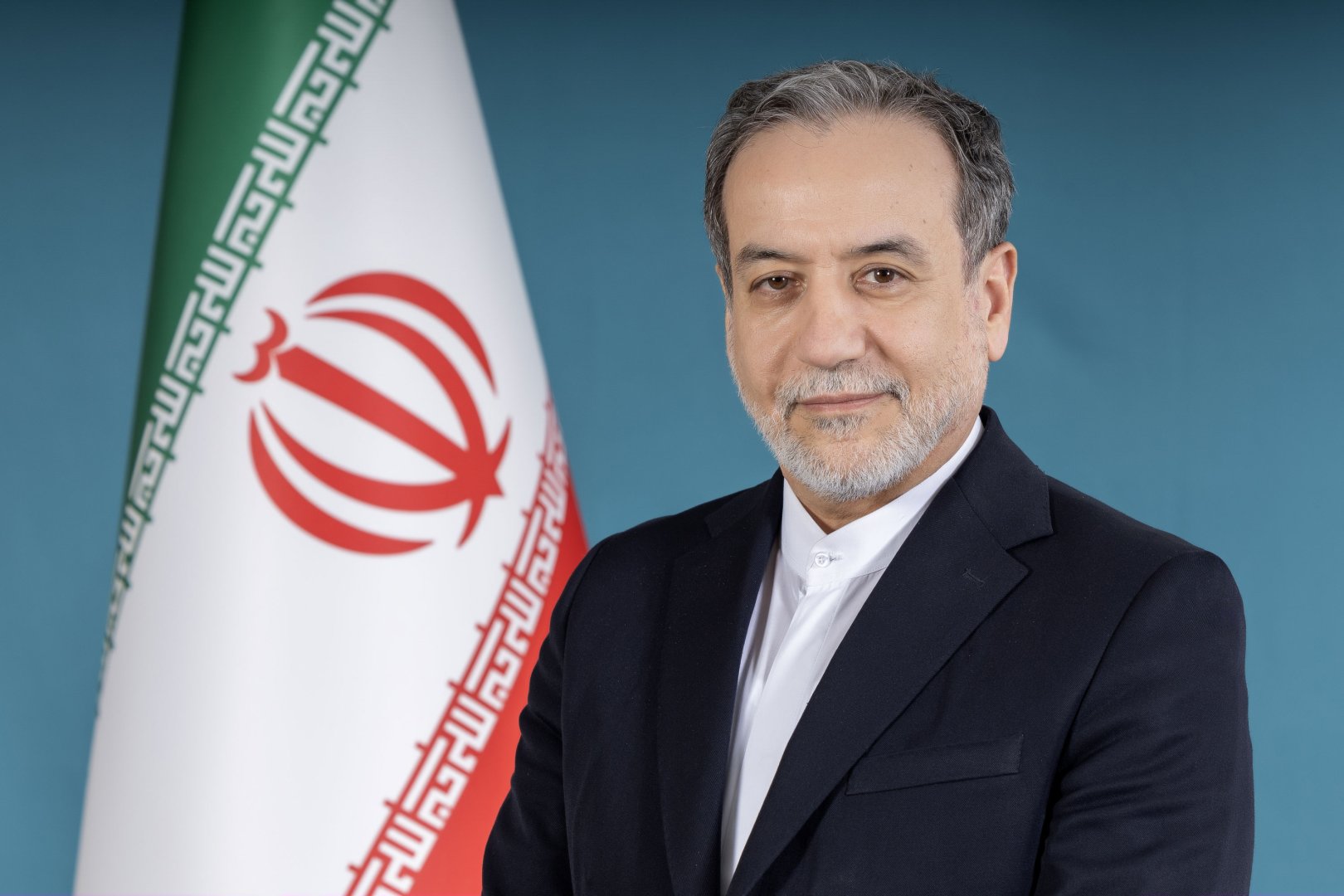BAKU, Azerbaijan, October 15. Iran wants the activation of the “snapback” mechanism, which provides for the reinstatement of anti-Iranian UN Security Council resolutions, not to be recognized by countries as legally binding, the Iranian Foreign Minister, Seyed Abbas Araghchi said, Trend reports.
He made the announcement at a meeting of foreign ministers of the Non-Aligned Movement member countries in Uganda on October 15.
According to him, the European “troika” has taken a step towards reinstating the resolutions against Iran, which were lifted by the Security Council in 2015, using the dispute resolution mechanism in the Joint Comprehensive Plan of Action.
Araghchi asserted that UN Security Council Resolution 2231 and the provisions relating to Iran's nuclear program expire on October 18, 2025. Iran calls on member states of the Non-Aligned Movement to oppose any abuse by international circles, especially the UN Security Council, to exert pressure on developing countries.
The Iranian minister added that the country desires the Non-Aligned Movement to adhere to fundamental principles, including the principle of self-determination of peoples and respect for the principles of the UN Charter, while preventing the use of force and condemning unilateral threatening actions.
On September 26, the UN Security Council held a meeting on the initial text of a resolution submitted by Russia and China to extend the validity of Resolution 2231 and prevent the activation of the “snapback” mechanism. At the meeting, four countries voted in favor of the resolution, nine countries voted against it, and two countries abstained. Thus, as of September 28, the UN Security Council resolutions against Iran have been reinstated.
On July 20, 2015, the UN Security Council adopted Resolution 2231. This resolution led to the repeal of six previous resolutions against Iran and the lifting of extensive sanctions related to Iran's nuclear program.
According to Articles 36 and 37 of the Joint Comprehensive Plan of Action, various stages are initiated upon a complaint by one of the states participating in the plan regarding a violation of the plan by another party. If these stages do not lead to a resolution, the complaining country may raise the issue with the UN Security Council. If Iran's complaint is filed and accepted by the UN Security Council, international sanctions against Iran may be reinstated. In addition, the Joint Comprehensive Plan of Action authorizes members of the UN Security Council to take military action against Iran.







